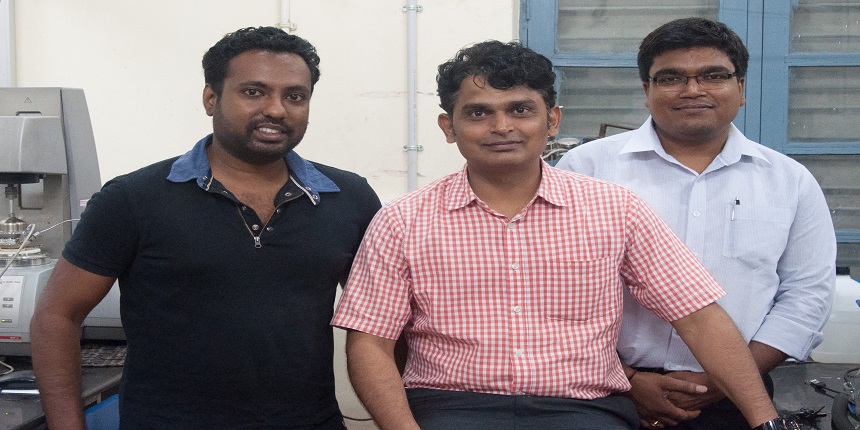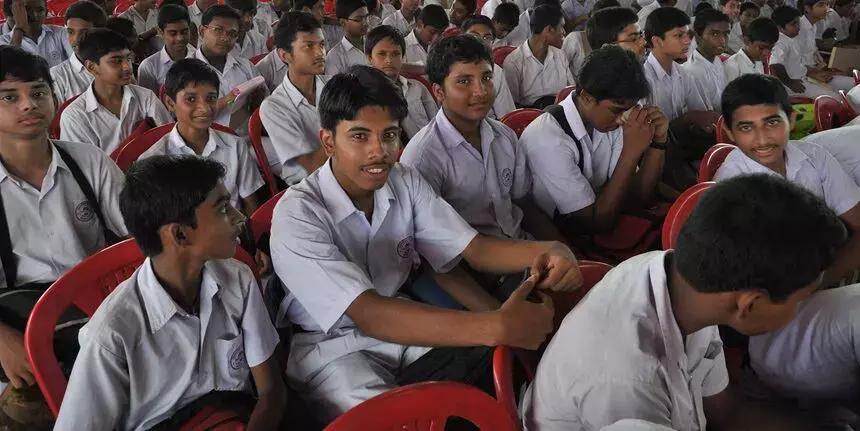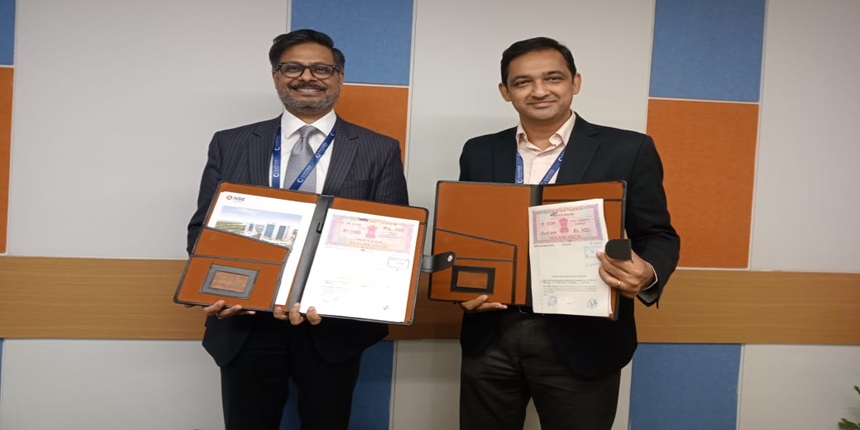IIT Madras Researchers to extract Methane from Ice-like Cages found along the Indian continental coastline

Team Careers360 | June 18, 2019 | 06:06 PM IST
NEW DELHI, JUNE 18: Indian Institute of Technology Madras Researchers are developing new techniques for extracting methane from natural gas hydrates. Promising results from their research have been published in leading international journals such as Energy and Fuels and Applied Energy recently.
There has been worldwide interest in the development of techniques to extract methane gas trapped in ice-like crystalline cages called ‘Gas hydrates,’ which are present in shallow sediments along continental coastlines. Hydrates are particularly promising methane sources in India because nearly 1,900 trillion cubic meters of methane gas lie untapped in these cages within the waters of the Indian Exclusive Economic Zone. This is 1,500 times more than country's present gas reserve.
The Ministry of Earth Sciences, Government of India, reports that Krishna-Godhavari basin and Andaman Basin have large amounts of gas hydrates. This IIT Madras research towards developing techniques to extract methane from gas hydrates can enable indigenous supply of natural gas and potentially lighten the nation’s natural gas import burden.
The research is being headed by Dr. Jitendra Sangwai, Professor (Petroleum Engineering), Department of Ocean Engineering, IIT Madras, who studies state-of-art processes used to recover crude oil from offshore reservoirs in India, and includes Research Scholars Mr. Pawan Gupta and Mr. Vishnu C. His research is being funded by IIT Madras and Department of Science and Technology (DST), Govt. of India.
Speaking about the importance of this research, Dr. Jitendra Sangwai said, “Research is underway around the world to develop methods to extract methane from gas hydrates from both clayey and sand-dominated reservoirs. The Krishna-Godhavari basin is a clayey reservoir while the off-shore Indian peninsular ones are a mix of both clayey and sandy. As gas hydrates are comparatively immobile and impermeable, they need to be dissociated into their constituent gas and water before the methane recovery from hydrate reservoirs is possible.”
Follow us for the latest education news on colleges and universities, admission, courses, exams, research, education policies, study abroad and more..
To get in touch, write to us at news@careers360.com.




